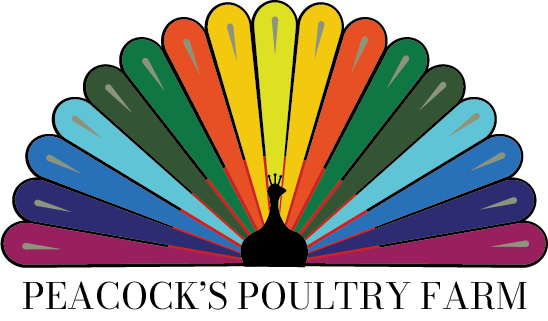Supermarkets stock an amazing array of fresh, frozen and prepared foods. So do we a Peacock’s Poultry Farm. Regardless of where you purchase these perishable foods, it’s up to you to take care of them properly.
Here are some helpful tips for smart shopping and handling food products carefully, and safely, from the store to your table:
– Begin your grocery shopping by selecting shelf-stable items such as canned goods, chips, and soft drinks. Make sure the containers are intact. Cans should not be bulging, leaking or dented on the seam or rim. Lids must be secure. Plastic or paper packaging should not be torn.
– Select refrigerated and frozen foods and hot deli items last — right before checkout.
– Don’t choose meat, fish, poultry or dairy products that feel warm to the touch or have a damaged or torn package.
– Choose only pasteurized dairy products and refrigerated eggs that are not cracked or dirty.
– Check “sell by” and “use by” dates on all packages to help ensure freshness and maximize storage life.
Once you purchase food, take it directly home. If this is not possible, keep a cooler in your vehicle to transport cold perishable items. be sure to put those perishables into the refrigerator or freezer immediately.
Remember that a smart shopper is a safe shopper!
– – – – –
This month’s “Facts from the Farm“ …
- A male turkey is called a tom and a female is called a hen. But a young tom is called a Jake and a young hen is known as a Jenny.
- Some ducks and geese are known to fly as far as 330 miles in a single day.
- Sheep do not seek shelter from the rain; however they will seek shade to stay cool on warm, sunny days.
- Deer have hollow strands of hair that help them remain insulated from extreme temperature and also prevent them from drowning.
- Shrimp contain unsaturated fatty acids that encourage the formation of good cholesterol in humans.
